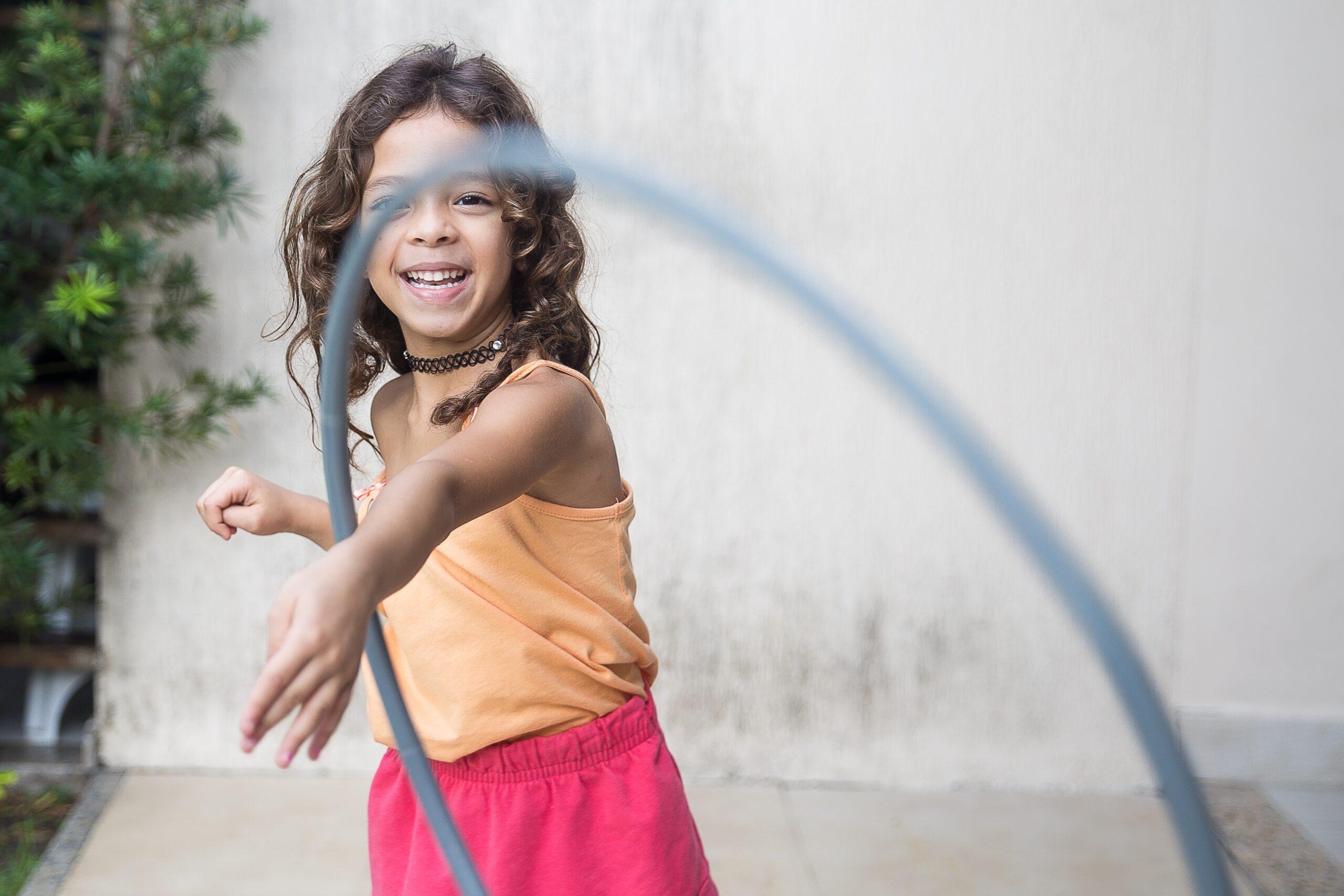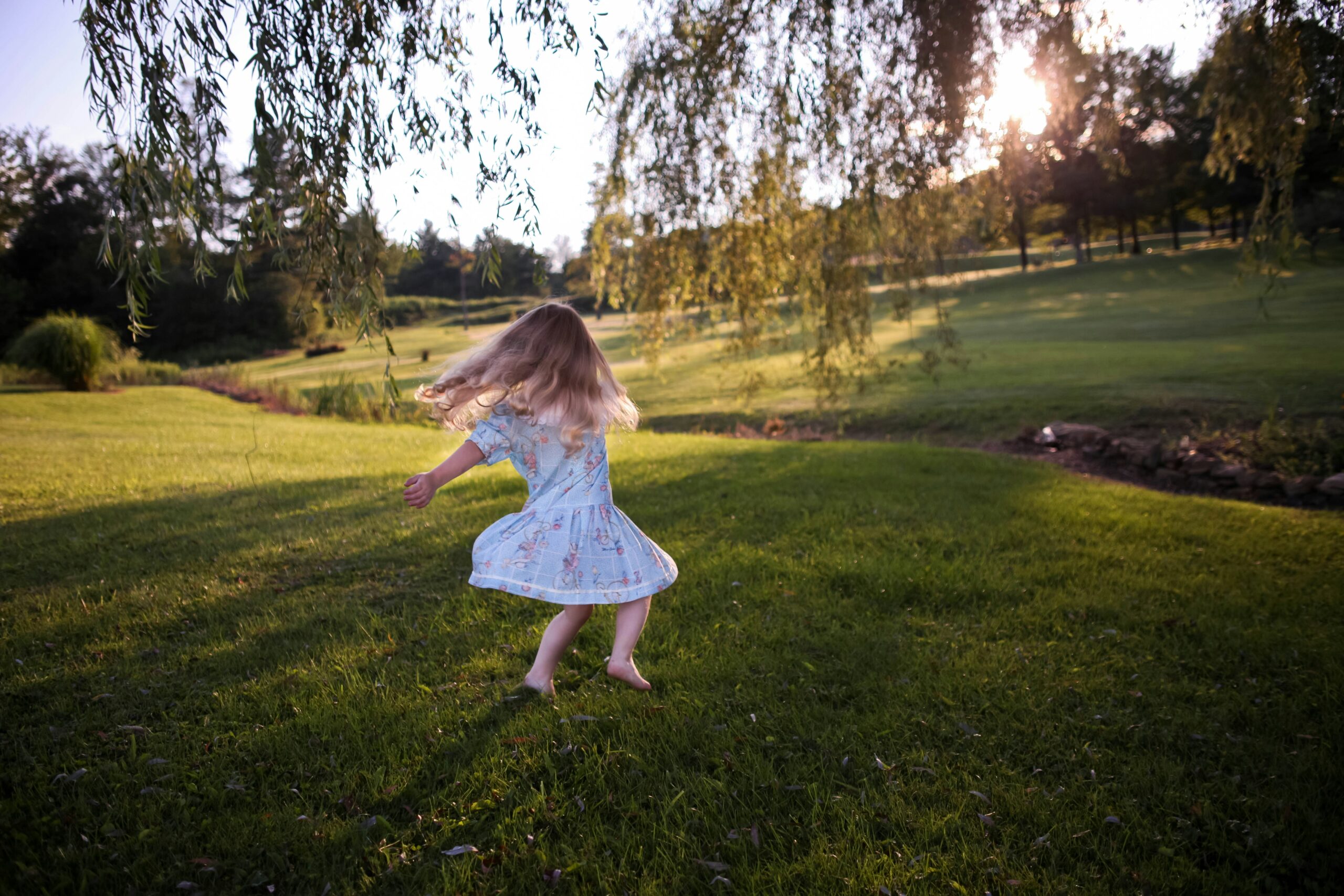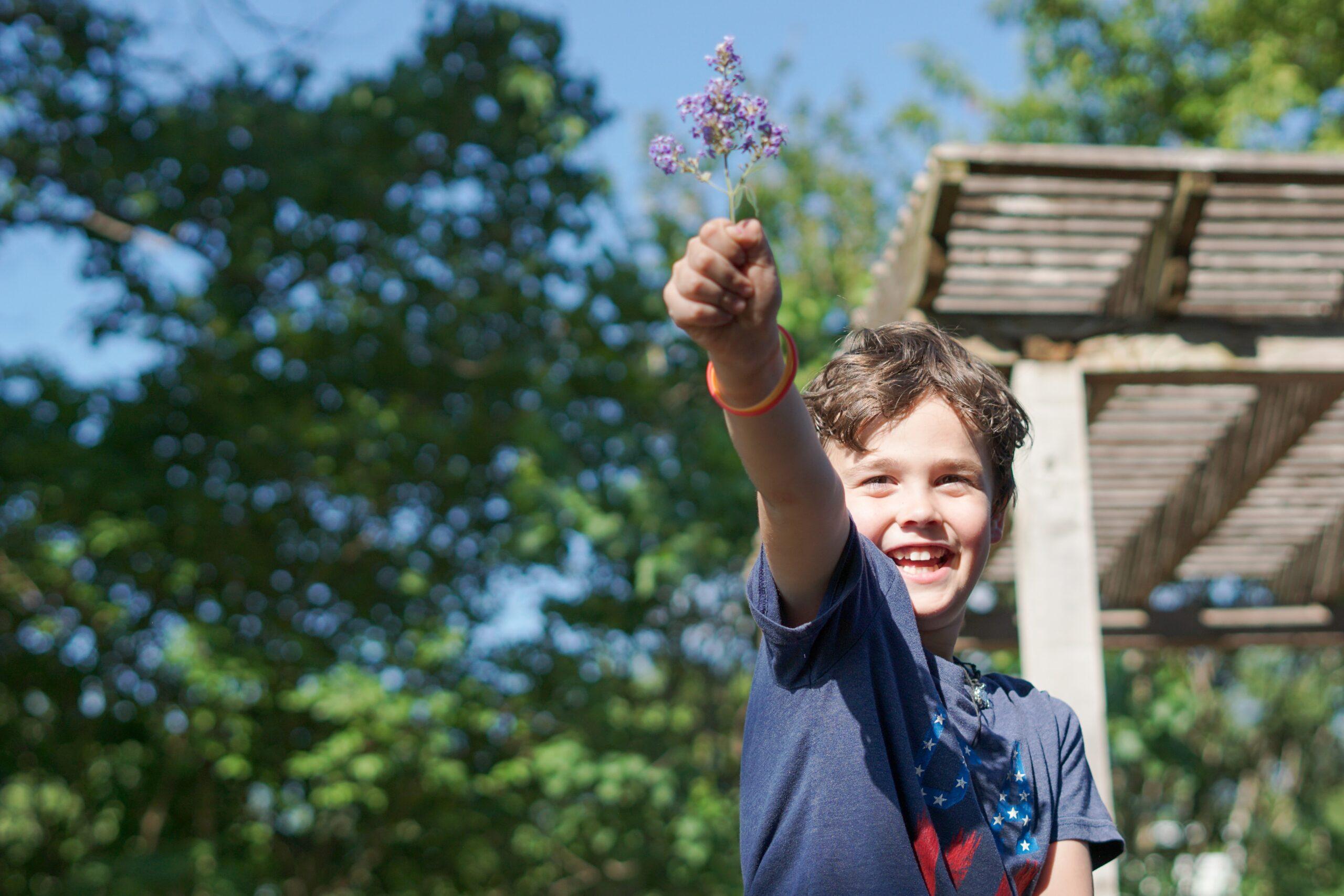What does it take to be a great parent to a child with ADHD? How can this parent provide an environment that encourages growth when it seems as if the child continually encounters walls in school and daily life? What happens when one of the child’s parents also has ADD? These are a few of the many questions that hard-working, but sometimes anxious, parents of children with attention problems wonder.
Without a doubt, raising children with ADHD can be a roller coaster of experiences— complete joy one day, total frustration the next. You worry about medications, schoolwork or socialization one moment, and delight in pleasure as your child shows creativity and unique gifts another moment. While the ups and downs can be exhausting as well as exhilarating, parents can stay in command of it all. Here is some advice that can help you be a great parent to your special and wonderful child with ADHD.
Stay Connected. The power of connection cannot be stressed enough. After the basics of providing safety and food, your top job as a parent is to nurture a connected environment for your child. By this, I mean creating an environment where the child feels he or she is part of something big and benevolent. One of my favorite research studies showed that the single greatest predictor of happiness into adulthood is not a child’s grades or sports prowess. It’s whether or not a person regularly shared family dinners when growing up.
Another great connector is reading stories and cuddling with your children before bedtime. This builds vocabulary while providing ample time for bonding and relaxation that readies children for a good night’s sleep.
Pets can also make a child feel connected to the family, and playing with pets provides a great way to learn routines and responsibility— and burn off energy. Another important form of connection is having frequent visits or calls from extended family members. When relatives outside the home reach out to your children, it demonstrates continuity and makes your children feel loved. It is important that your child understands he is part of something big, warm and wonderful.
Think Positively. It is easy to focus on the “problems” associated with having ADHD. Be mindful that statements such as “You’re always late” or “You aren’t working up to your potential” are difficult for children to hear over and over again. Yes, kids with ADHD lose things, don’t always turn in their homework and can be easily frustrated. However, if you focus on the problems, then your child is apt to lose hope and confidence. Instead, use knowledge and focus on the positive to help your child gain the confidence he or she needs. What does your child do well? What are his hidden— or not so hidden— strengths that he can call his own? One mother I know used to laugh that while she used to see the fish tank and the fish at the doctor’s office, her daughter who struggled with ADD used to see the tiny fish eggs hanging on the bottom of one leaf. That daughter is now interested in turning her ability to see the unusual and hidden into a career in fashion design.
Don’t Forget Your Child Has ADHD. This may sound counter-intuitive. However, one of the most common parenting pitfalls that I encounter is forgetting that a child has ADHD. A kid with ADHD, even if on a good treatment path, sometimes acts in ways that frustrate the parents. It is crucial to remember that this child is most likely not doing something to spite you or because he is lazy, but rather because this is the way that he is. ADD is a way of being in the world that is not always a perfect fit. Your child needs your patience, your willingness to help create and reinforce coping strategies, and your love and compassion.
Treat Your Child’s ADHD Broadly. Helping your child grow into a happy adulthood with ADHD means helping your child enjoy success and confidence in relationships and activities that he or she favors. Medications can enhance a child’s concentration and apply brakes to the race car ADHD brain, but the problems that come with ADHD do not end with a good response to medication. In all likelihood, certain issues will persist throughout the child’s school career— and entire life— that require ongoing attention. Such issues include practical ways of planning and structuring one’s day, the emotional issues of staying motivated and interpersonal issues of getting along with others. Medication is not the whole treatment for ADHD. It never was and never will be. You need to think about teaching your child life skills, whether the child gets medicated or not.
Experiment With Coping Strategies. Overtly support your child in learning skills like planning, maintaining structure and socializing as you would a child without ADHD. Keep it positive and figure out what works for your child through experimentation and practice. For example, organizing a school paper might mean writing one idea per note card, then reordering the ideas until they make a logical progression. Or, that might not work at all. Instead, a child with ADHD might find that drawing pictures of ideas, interconnected with arrows, allows for structure— or that lying on the floor and dictating ideas to another person or into dictation software is the easiest way to process and organize what’s inside one’s mind.
The ADHD mind takes in information differently than the non-ADHD mind. It tends to be faster and with much less hierarchy and filtering. This means that what might work for your ADHD child (like “writing” papers by dictating them from the floor) is impossible for you to imagine. As you parent your children, keep an open mind and be willing to experiment.




